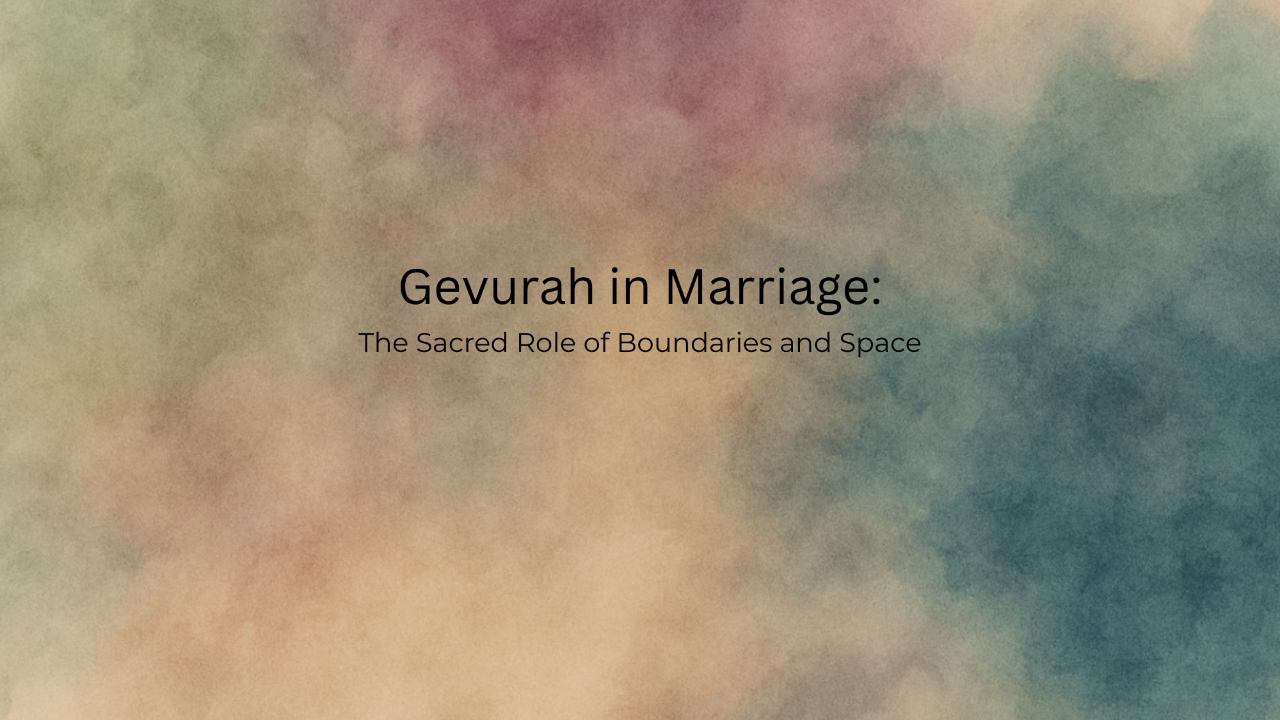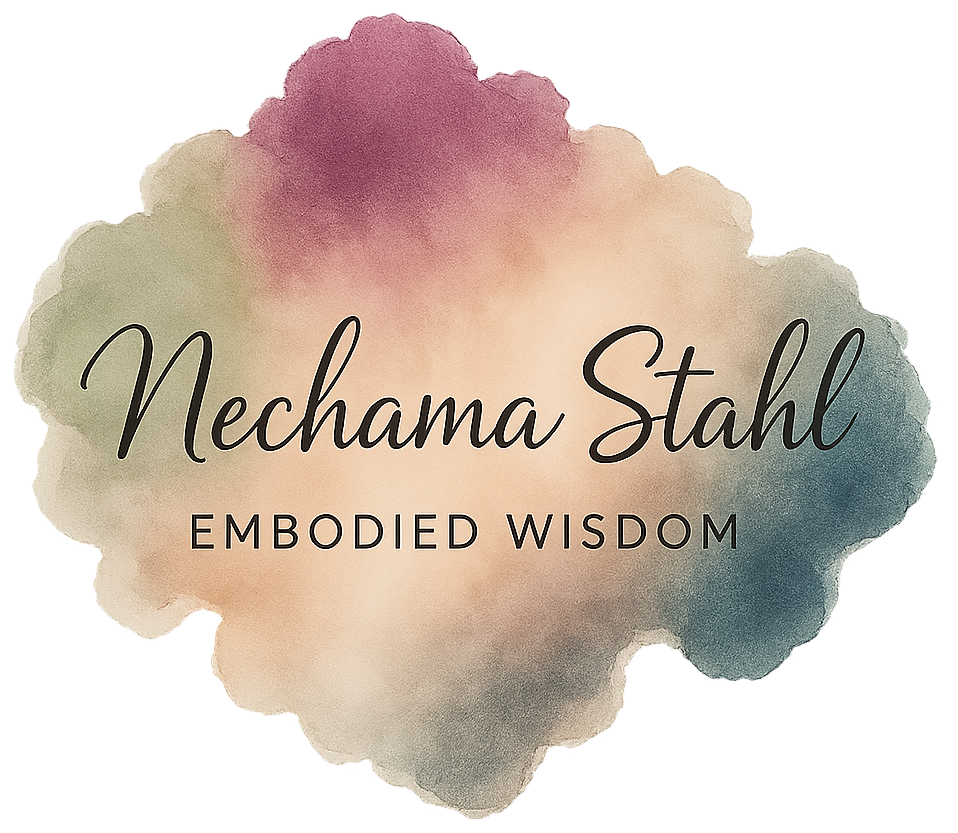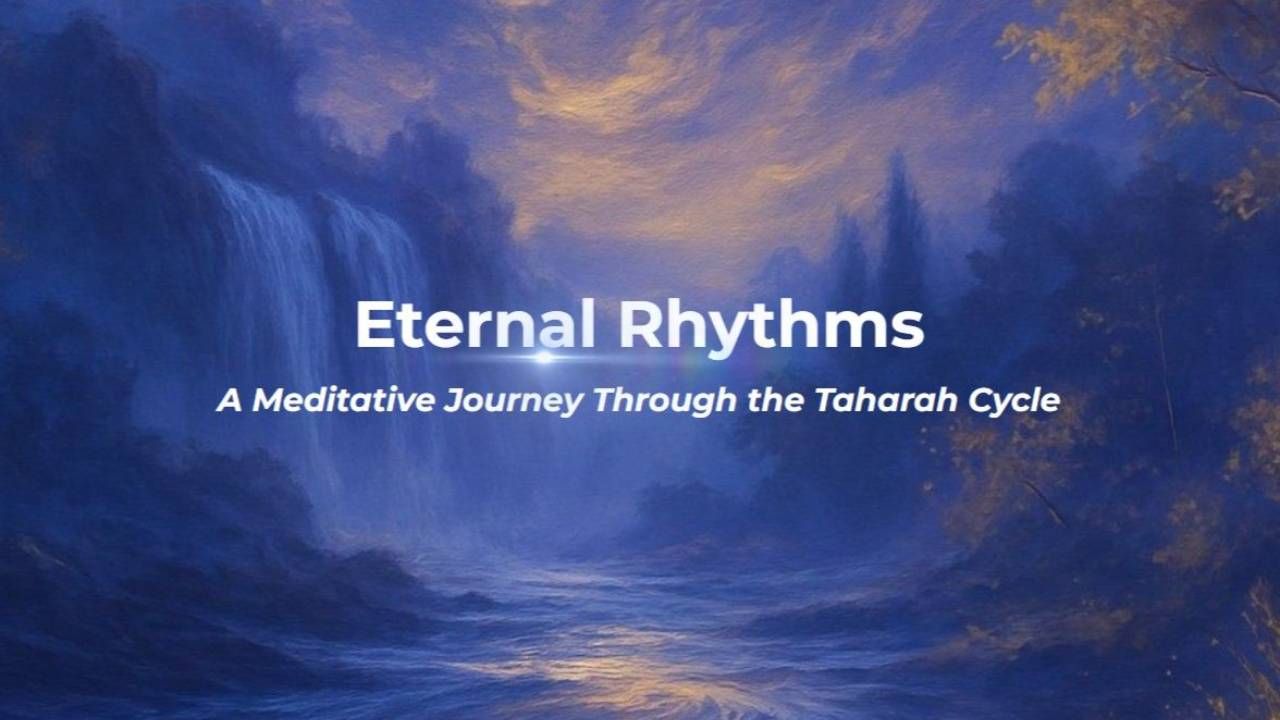
Gevurah in Marriage: The Sacred Role of Boundaries and Space
Apr 21, 2025This post is part of a series exploring the sefiros- divine attributes that shape our inner world and relationships. Each week, we focus on one sefirah and how it plays out in real life, especially in the context of marriage. If you're jumping in here- welcome.
Rethinking the Mechitzah
I don't know about you, but I always thought of walls - specifically a mechitzah - as barriers. Separators. Dividers.
Until I heard a perspective that blew me away.
A mechitzah is not a divider. It’s the ultimate unifier.
I know, I know- bear with me.
Introducing Gevurah
Over the past few posts, we introduced the framework of Chochmah, Binah, and Daas (CBD) as a way to understand how we process, integrate, and embody connection.
We explored Chesed- the generous, overflowing force of giving and how it shapes relationships.
Today, we turn to Gevurah- the sacred power of boundaries.
At first glance, Gevurah, often translated as restraint or discipline, might seem like the opposite of love. But in truth, Gevurah doesn’t limit love; it defines it.
Boundaries Create the Vessel
Think of boundaries not as barriers, but as the walls of a vessel.
Without a vessel, water just spills everywhere. But when it’s held, it can be directed, shared, even sanctified.
Back to our mechitzah- it’s what allows for two groups of people (namely men and women) who normally wouldn’t be able to congregate together to, well, congregate together.
It unites them in the same space.
Not all walls separate. Some unify.
Gevurah in Marriage
In marriage, Gevurah is what allows each person to remain whole, even as they become one.
It’s the quiet strength that says “no” when it’s easier to say “yes.” It’s the pause before the reaction. It’s honoring a partner’s space, their rhythm, their needs; not to create distance, but to create depth.
Did you know one of the names of God is HaMakom- “The Place”?
The mystics teach that in order for the world to exist, God had to conceal His infinite presence, creating the illusion of space and separateness. Not because He is far, but precisely so that we could come close.
That “space” is what makes intimacy possible.
So too in marriage. Creating space doesn’t mean withdrawing. It means making room. It’s not absence. It’s intention. And even when we feel apart, we’re still held within the same sacred presence.
The Cycle of Niddah and Taharah
This is especially relevant when it comes to the experience many women have around niddah and Taharas Hamishpacha.
The halachic boundaries can feel, at times, like disconnection or even rejection.
But Gevurah teaches us that this separation is not meant to diminish love- it’s meant to reveal its depth.
The holding back creates a vessel for something more enduring, more conscious, more holy.
Practicing Gevurah
If you want a taste of how to bring Gevurah into your marriage this week, try practicing one moment of intentional pause:
-
Hold a thought before sharing it.
-
Give your partner a bit of space to come forward.
-
Notice your instinct to fill the silence… and resist it.
Sometimes, the most powerful connection begins in the quiet.
May we all find the Gevurah to hold space for one another — and in doing so, discover how deeply we can truly connect.




